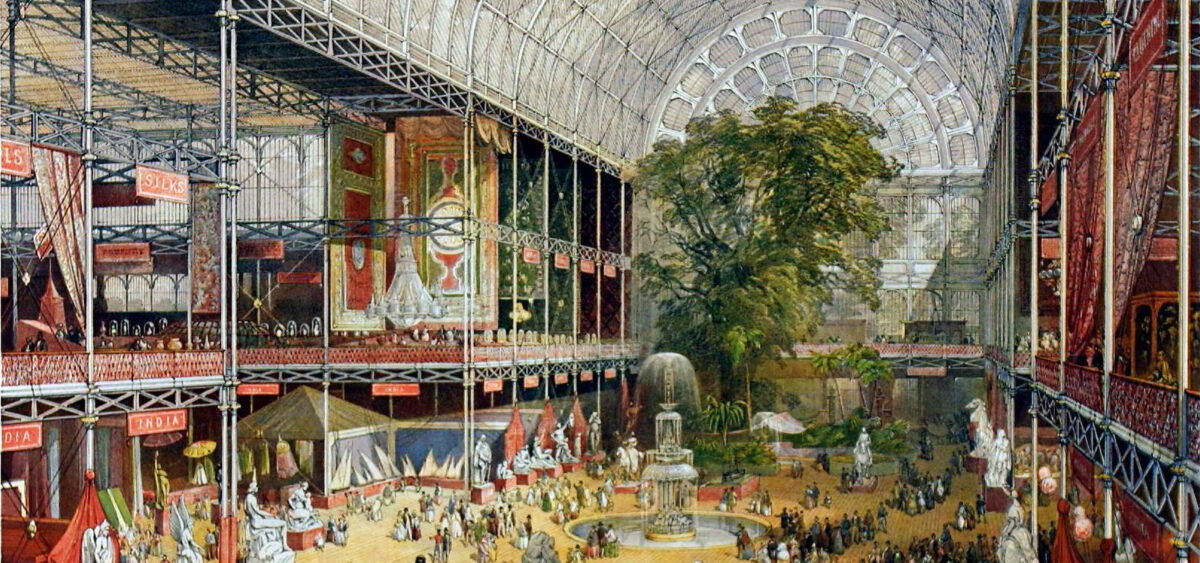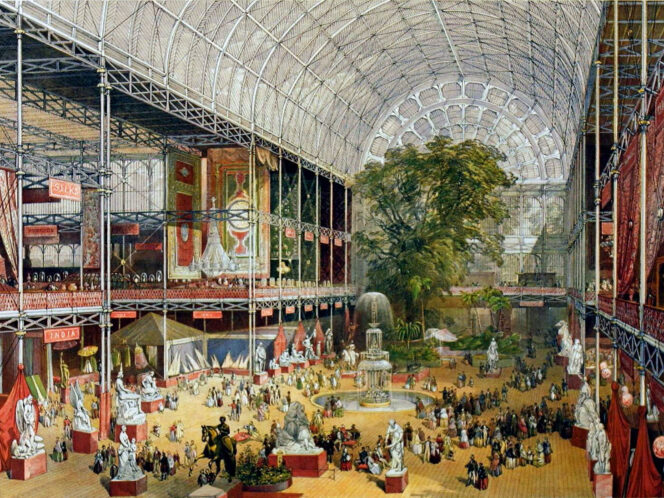
A man of many talents. A textile, wallpaper and furniture designer; a poet, thinker, translator, publisher, entrepreneur and socialist activist. A husband rebelling against Victorian customs who believed that women should be faithful to their desires. An opponent of capitalist exploitation and extoller of labour understood as freedom and pleasure. We present: William Morris.
Mid-19th century Britain, the main turbine of the global industrial revolution. Mass industrialization changes everything: the way of production, consumption, relationships between people, even the landscape. One by one, industrial cities emerge, and in them rows of similar, red brick houses quickly become covered with a black layer of thick smog.
In 1854, Charles Dickens writes Hard Times, a novel whose title aptly captures the mood of the period. The pace of labour is determined by steam engines – people work 10 hours a day in deafening noise and cannot hesitate or stop even for a short break. As a result of this, relatively cheap goods are widely available and this makes the wealthy even richer. Meanwhile, the poor are getting increasingly poorer. Society is polarizing rapidly.








